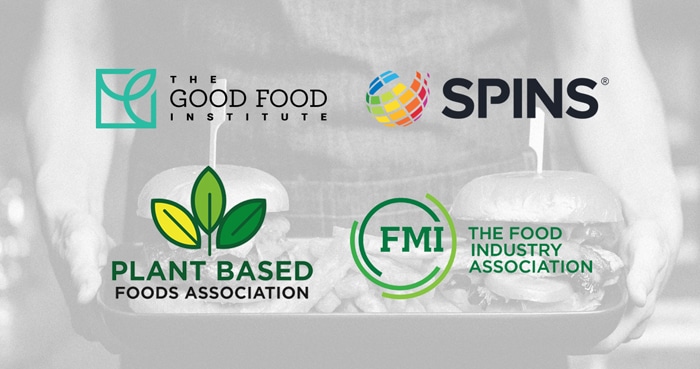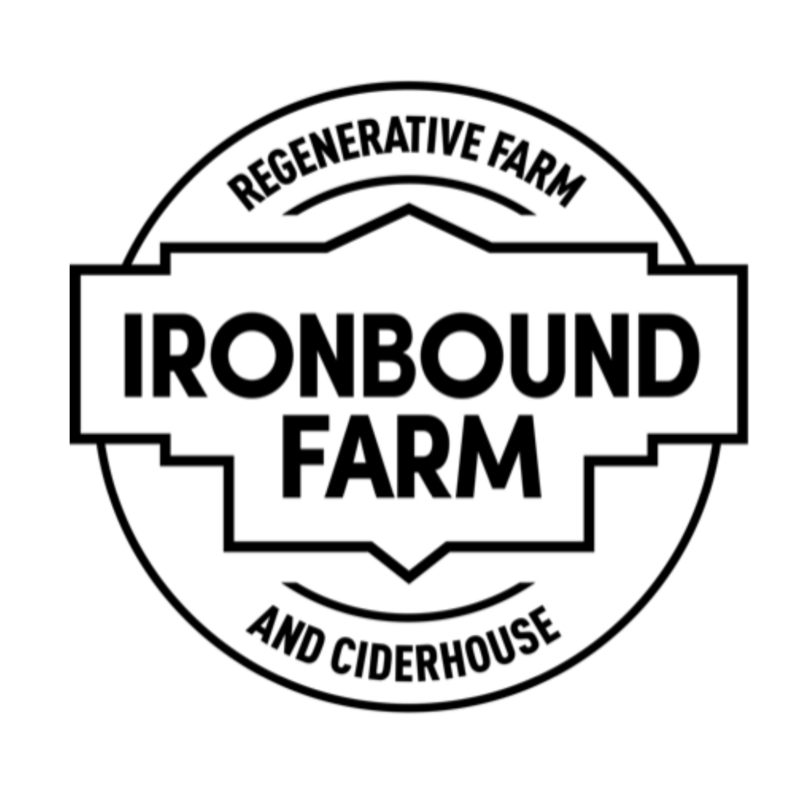Studies: Plant-based is Powerful, But Meat is Still Strong
PBFA, GFI and SPINS: Plant-based is Powerful
Plant-based powered forward in 2019, according to data released last week from the Plant Based Foods Association (PBFA), Good Food Institute (GFI) and data firm SPINS. Overall, plant-based food sales grew 11% and the market is now worth $5 billion, while the retail food market overall grew just 2% in the 52-week period ending December 29, 2019.
Growth was fueled by alternative milk and meat innovations, especially in the refrigerated set, the report notes. In particular, plant-based meat sales grew 18.4% to nearly $1 billion — six times faster than conventional meat sales. Plant-based alternatives account for 2% of retail packaged meat sales; refrigerated plant-based burgers’ sales grew 123% to $283 million in 2019, powered by new entries from big and small brands. At the same time, animal meats grew just 2.7%, the report notes. Placing plant-based products amongst conventional meat in stores helped the refrigerated segment grow 63%. And as more consumers adapt plant-based replacements into their diets, there’s room for more innovation.
“Clearly plant-based is a lasting trend that is gaining power over time,” Caroline Bushnell, GFI associate director of corporate engagement, said in a release.
But it’s not only meat: most plant-based categories saw double-digit sales growth. Plant-based milk was the largest, contributing 40% of total plant-based foods and valued at over $2 billion. Almond milk comprised 65% of the category’s dollar sales, and oat milk is the fastest-growing, with a 686% increase in dollar sales last year, the report notes. Success in plant-based milk has fueled other alternative grocery staples: plant-based cheese grew 18.3%, while plant-based eggs grew 192% to $10 million. Plants are increasingly appearing in decadent items as well: plant-based ice cream grew 5.7% to reach $336 million, while plant-based yogurt grew 31.3% to reach $283 million, comprising 4% of the yogurt category — which overall declined 1%.
“We see a steady rise in plant-based products year over year across regions, which indicates that this is not a bubble or a fad, but a real change in consumer behavior,” Bushnell said. “This is a tipping point, with so much product innovation yet to hit the market.”
FMI: Meat Still Has Strength
Many consumers are still hungry for meat, however — but in moderation. The Food Marketing Institute (FMI) last week shared results of its Power of Meat study, a collaboration with the Foundation for Meat and Poultry Research and Education (part of the North American Meat Institute (NAMI). The study found meat represented $50.5 billion in sales in 2019 — with flexitarianism on the rise.
According to the study, 12% of consumers aim to reduce meat consumption via smaller portion sizes or a meat-free day per week. The study found that 83% of shoppers buy particular cuts of meat in smaller portions, but volume sales are up — one of the study’s “most compelling storylines,” FMI vp of fresh foods Rick Stein noted. Meat department sales were strong in dollar sales as well, driven by beef and chicken, with an increase in individual household spending.
There’s also a wider variety of high-quality meat options: although younger shoppers prefer branded meat products, private brands saw meat sales increase 12.3% in 2019. Shoppers reported wanting meat brands to communicate about nutrition (58%), food safety (57%), animal care practices (46%) and environmental impact (40%). Indeed, brands like Force of Nature and Misfit Foods aimed to cater to these ‘conscious consumers’ in 2019.
“The survey affirms the ongoing work of the industry to improve trust in animal protein is welcomed by consumers and useful to retailers,” Julie Anna Potts, NAMI President and CEO, said in a release.

















